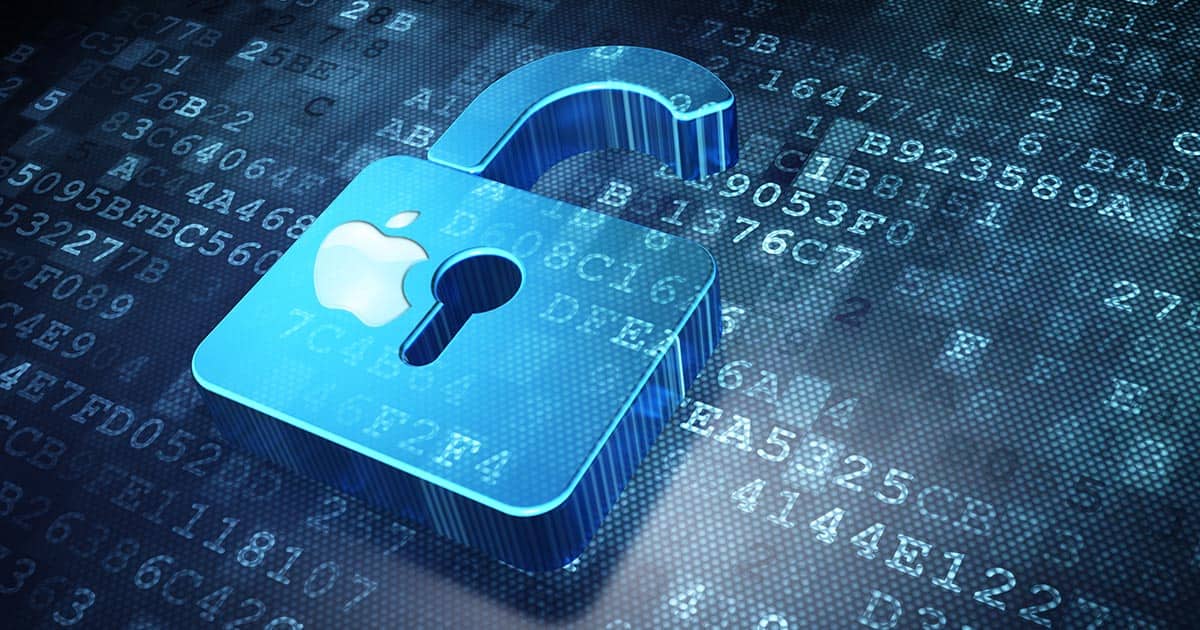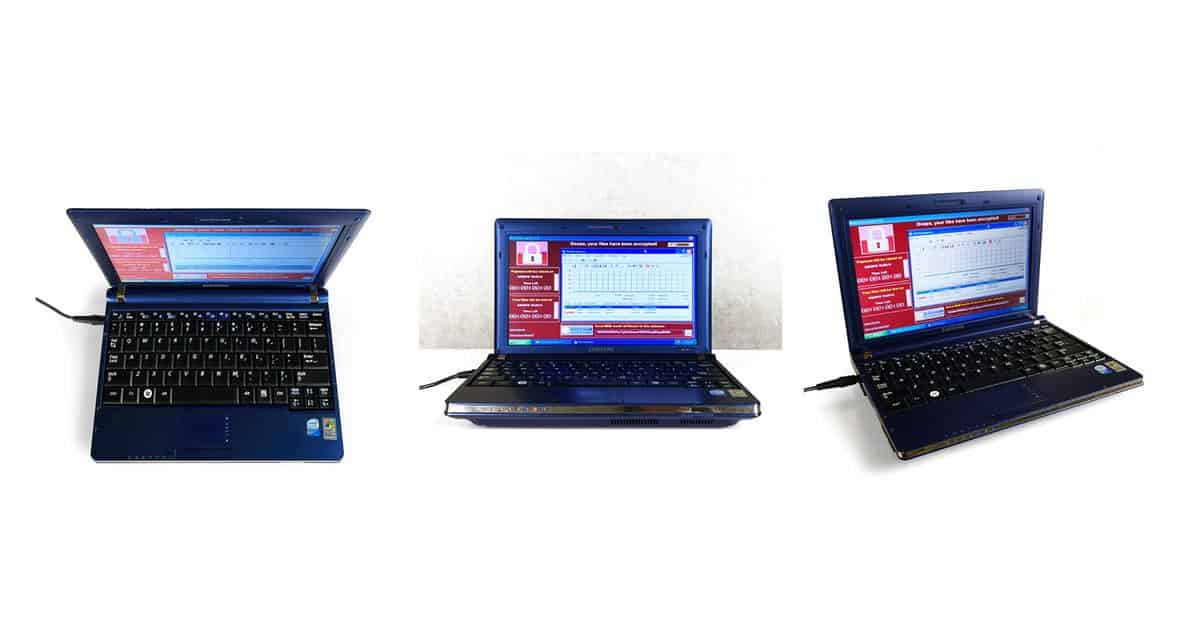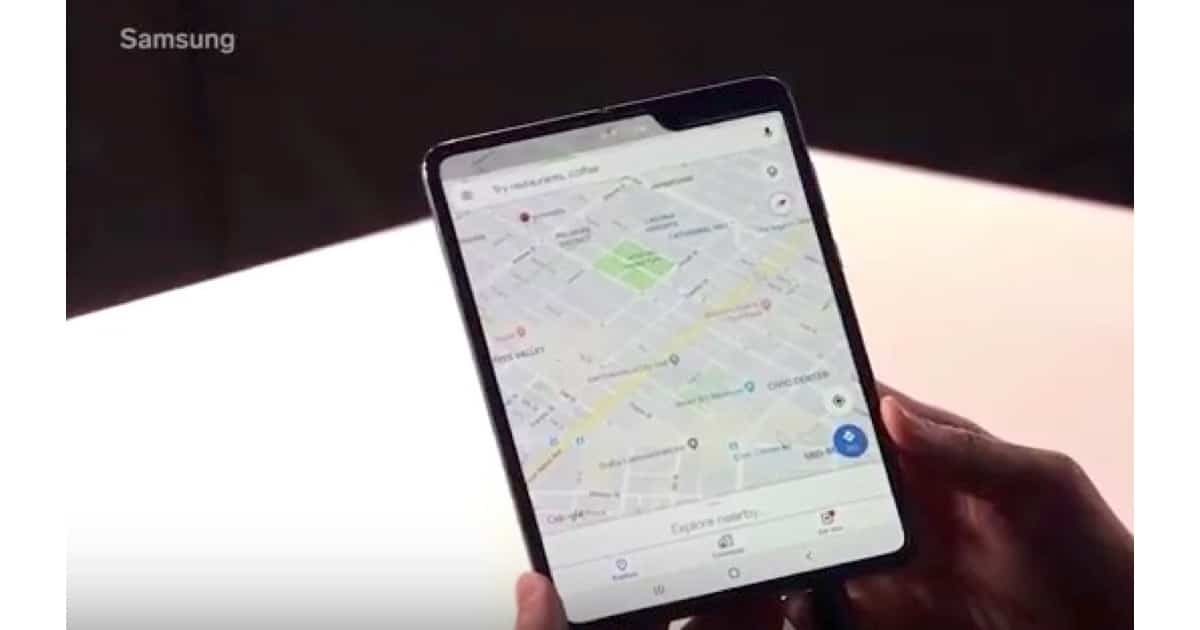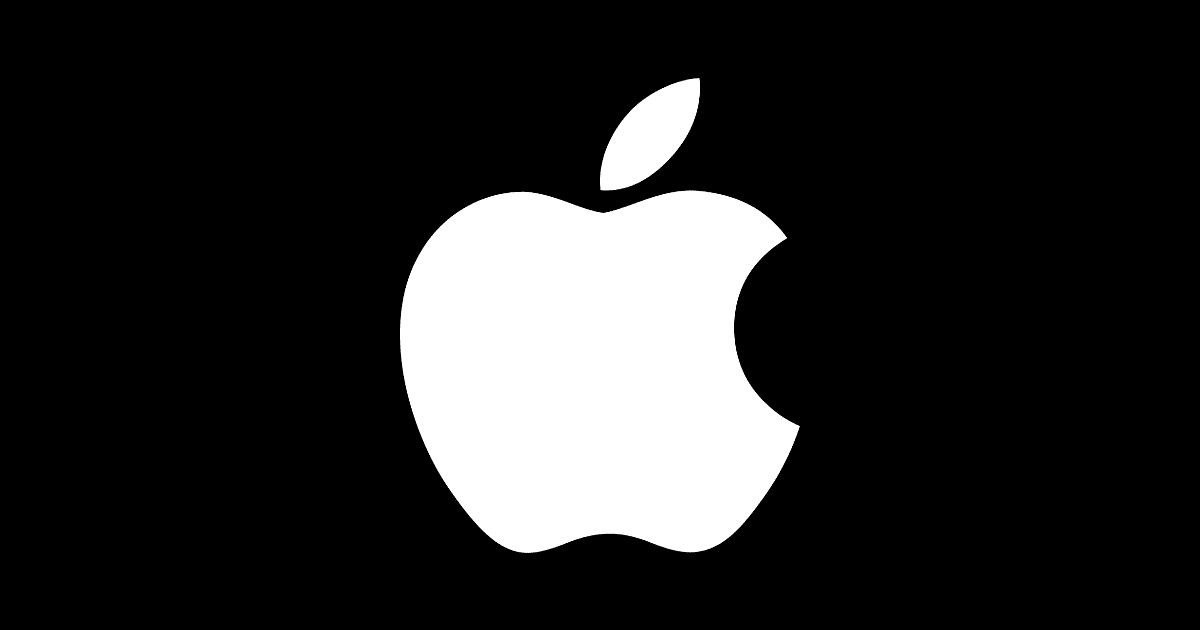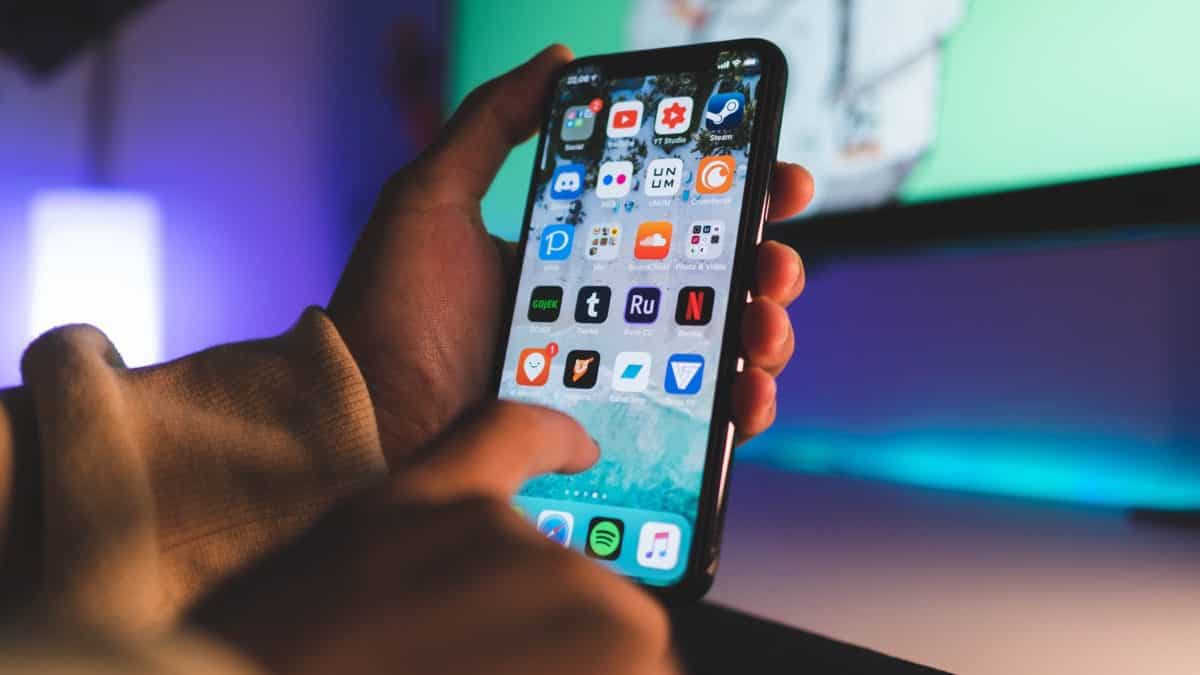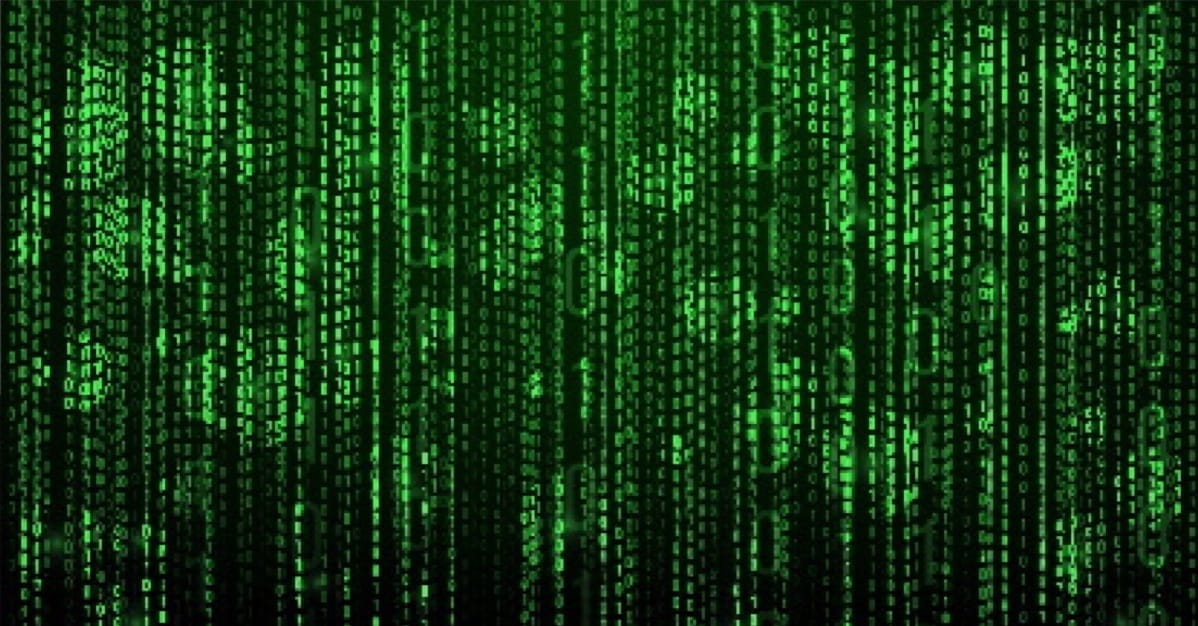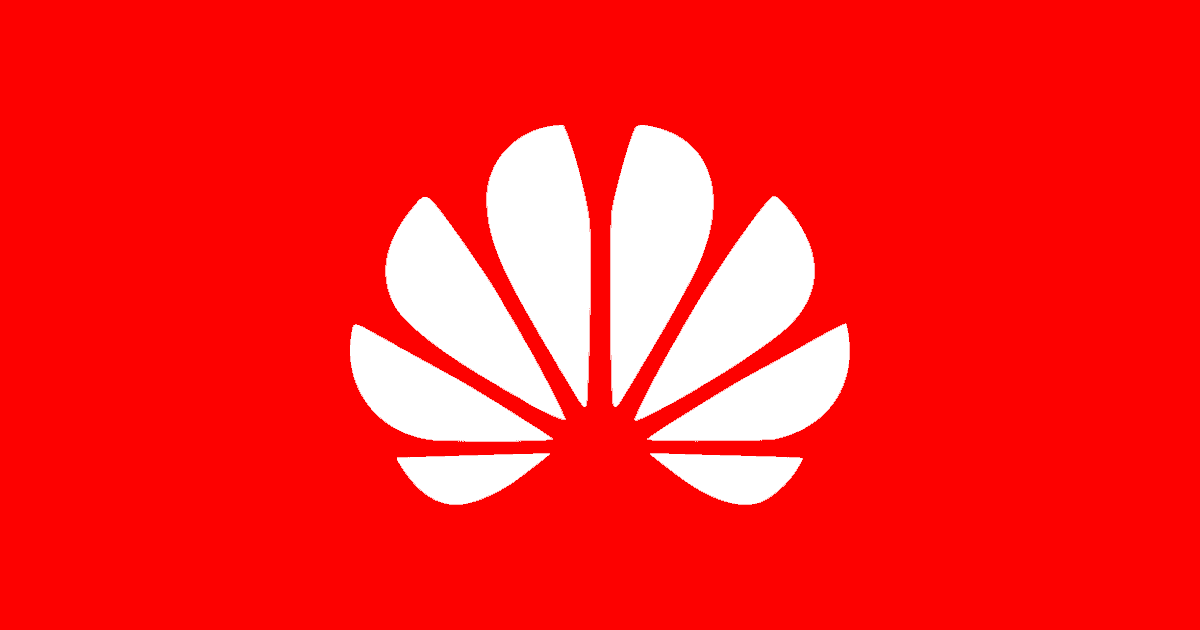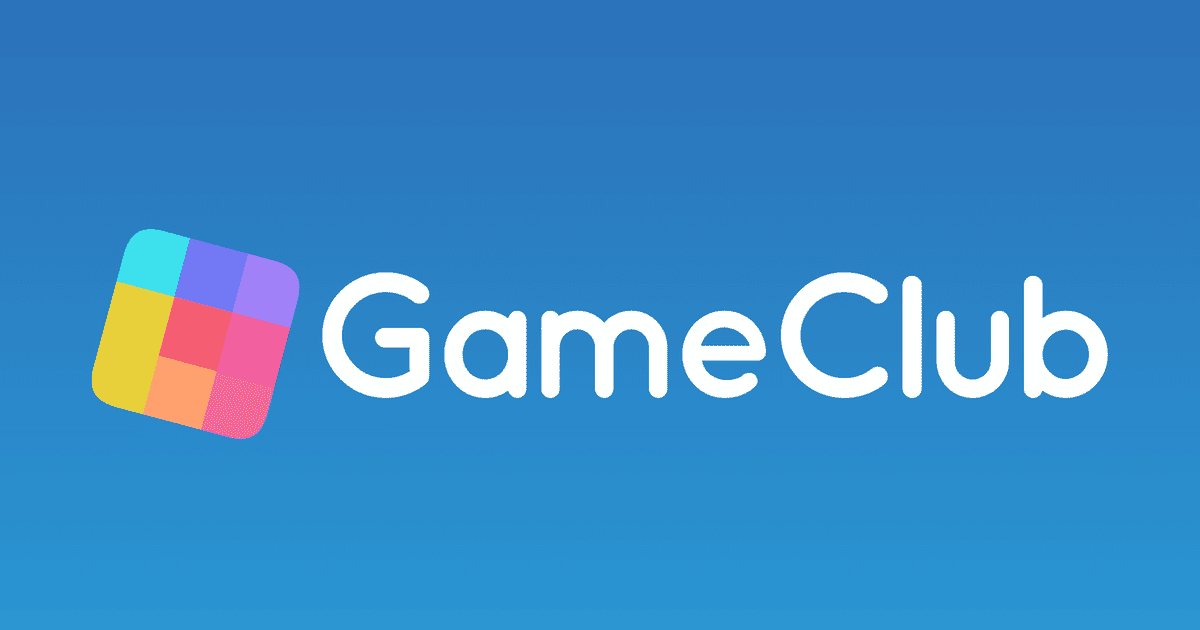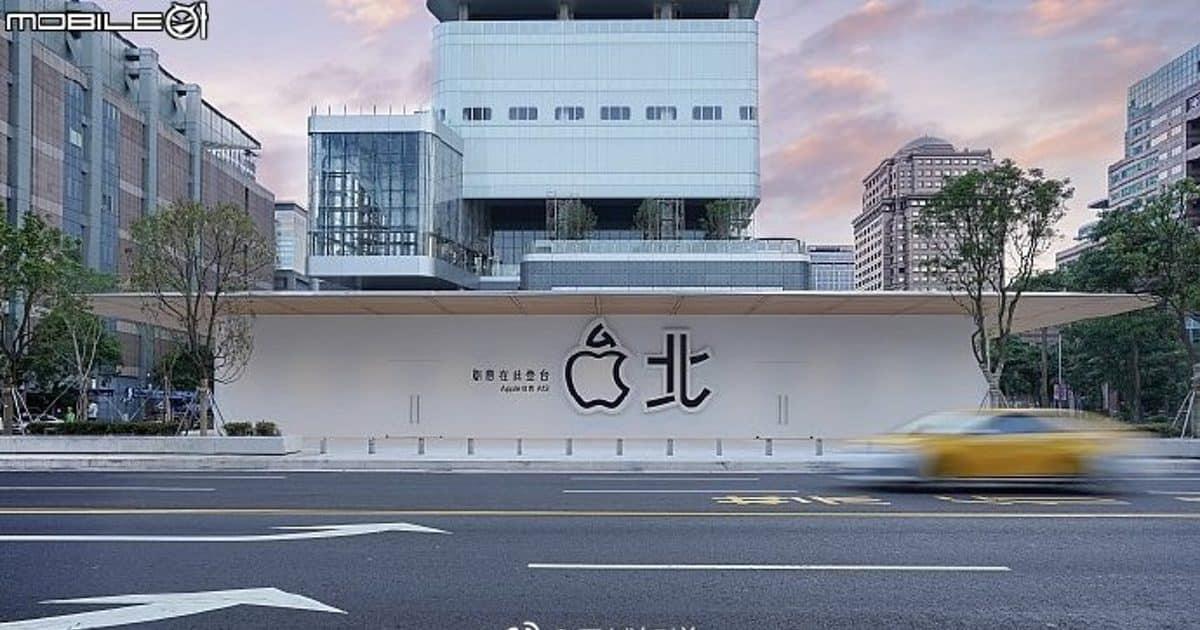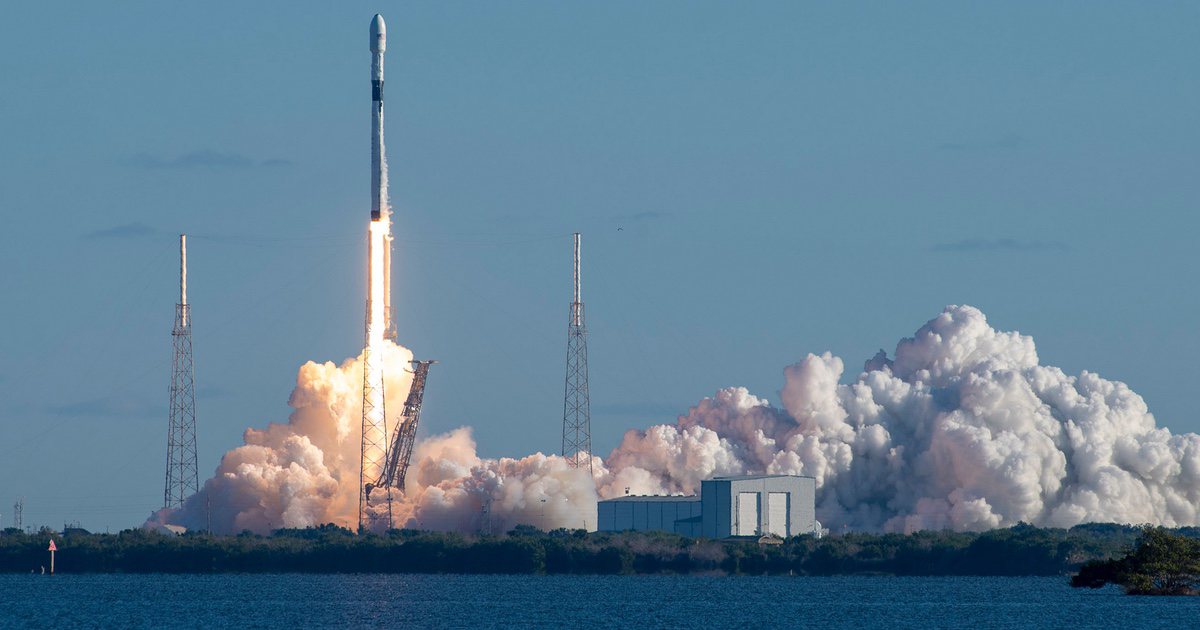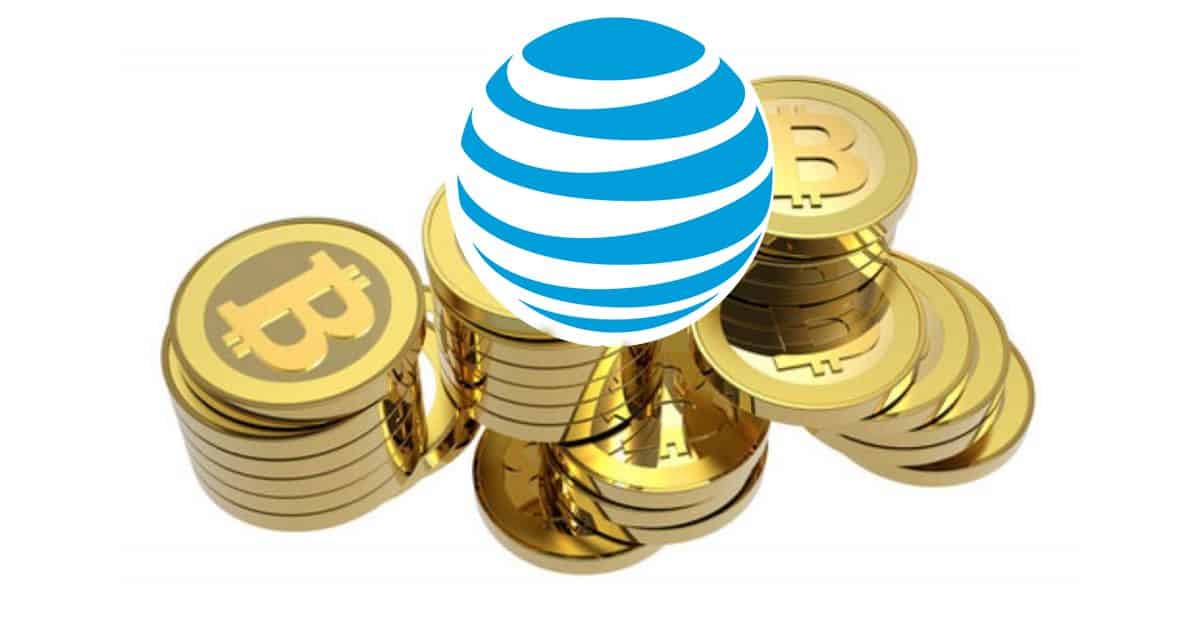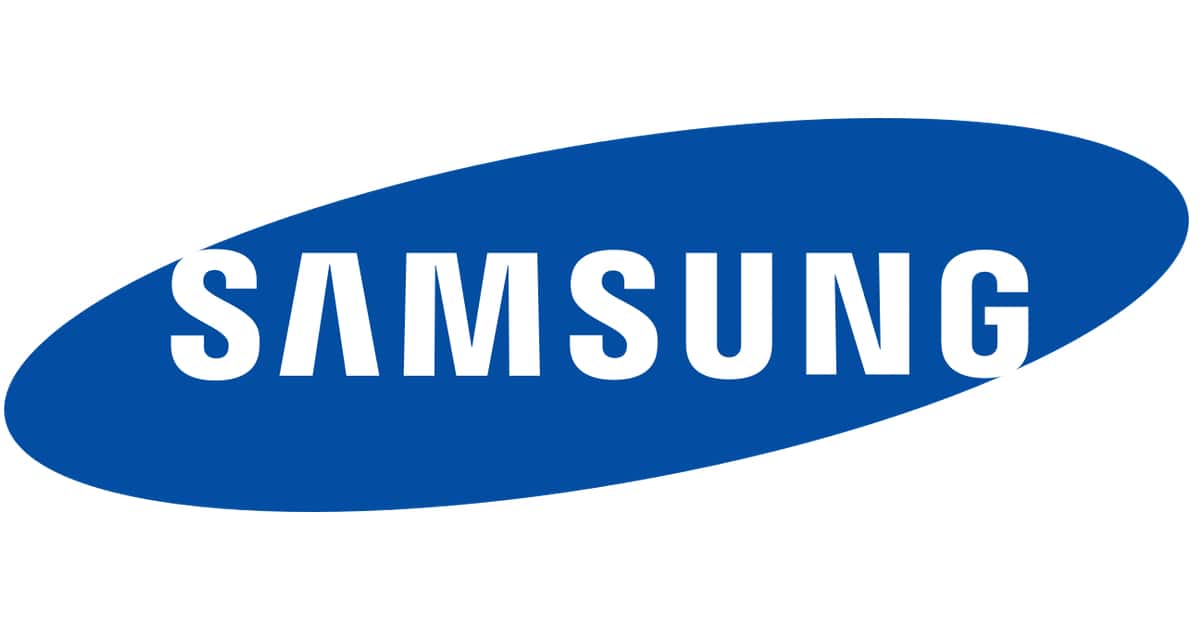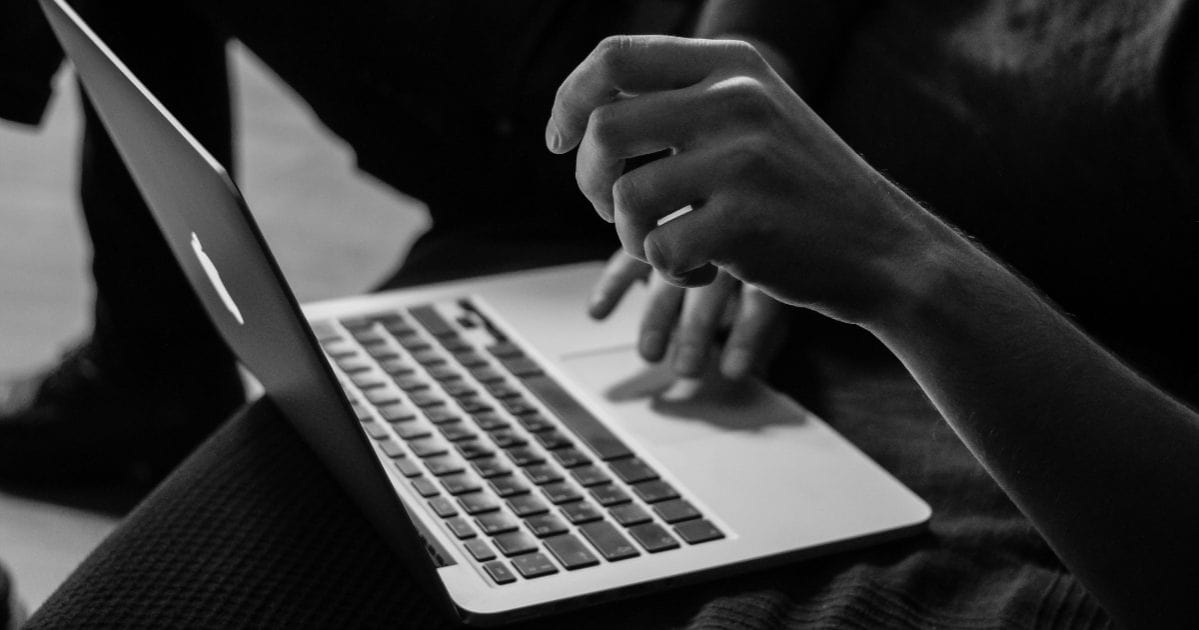What gets your heart racing at WWDC? Cardiogram is going to find out. The Apple Watch heart rate sensor app is going to monitor the heart rates of those who want to play along during the WWDC keynote, and reveal what the most exciting moment was, reported AppleInsider.
Cardiogram will be allowing its users to start recording their heart rate on the Apple Watch continuously before the WWDC keynote begins, one which uses the Apple Watch’s heart rate sensor. The data is shared minute-by-minute with the company, which is then compiled with data provided by other users. During the event, a dedicated live heart rate chart will update to show what the current heart rate of participants taking part in the monitoring scheme is, and what the group rate was in previous minutes. In theory, the heart rate will be highest shortly after major new announcements.


